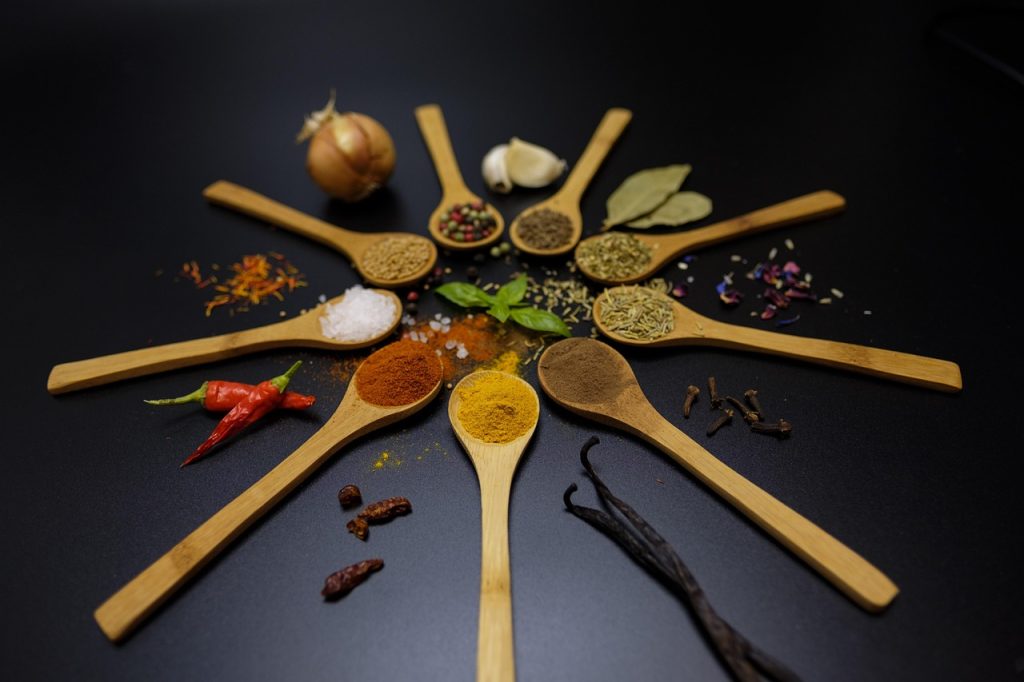BRAZIL
Beverage trends are changing in Brazil. According to reports from Euromonitor, the consumption of iced tea in Brazil has been gaining popularity in the past few years, increasing by 25% from 2013 to 2020. As for 2023, consumption of iced tea is expected to increase by 43% from 2022.
COLOMBIA
On November 18, Colombia’s Congress approved a tax reform bill that is estimated to generate $4 billion. The bill includes taxes on ultra-processed foods and sugary drinks and aims to address obesity rates and health issues related to nutrition. Ultra-processed foods facing taxes are those with high added sugars, salt, and saturated fats (such as sausages, cereals, jellies and jams, purees, sauces, condiments and seasoning). These will face a 10% tax in September 2023, 15% in 2024, and 20% in 2025. On the other hand, the tax on sugary drinks will come into effect in July 2023 and will cover sodas, malt-based beverages, tea or coffee-type beverages, fruit juices and nectars, energy drinks, sports drinks, flavored waters, and powder mixes. The tax rate will be dependent on the amount of sugar contained in the drinks and may increase year to year. According to civil society groups, these regulations aim to address the influence of corporations on nutrition practices.
EUROPEAN UNION
France and Germany are known as the strongest markets for organic food products in Europe, both in consumption and production. But for the first time in a decade, the market share for the organic foods category in retail sales is declining. The French Organic Farming Association recently published its annual report, revealing that demand has declined by 5% compared to the previous year. Representatives of the industry have identified price sensitivity as the main challenge. While in past years aspects such as sustainability and eco-friendliness were the focus of the marketing campaigns of most domestic retail chains, these have recently lost importance. Price point is the dominant topic now. Even the leading retailers are using discounted prices as a strategy to promote their private label goods following the shifting buying patterns of customers. This shows how the current economic situation is affecting even established product categories.
KOREA
Food and beverage firms in South Korea are investing in the development of “smart factories.” According to The Korea Times, Dongsuh Foods has reported higher productivity and efficient manufacturing processes after investing $41 million in the construction of two smart factories that began operations in 2020. The firm also launched a “special digitalization task force” to review the viability of building and operating a smart factory. The task force also introduced a new system that offers real-time monitoring of production volume, manufacturing processes, quality control, and projects the supply and demand for key ingredients. While these smart factories have been implemented primarily in instant coffee and confectionery manufacturing, they are paving the way for other industries.
In other news, South Korea is also introducing new labeling on products. This is the result of the extension of the shelf life for many food products. Until now, the expiration dates on products were seller-centered, meaning that they referred to the time period in which a seller must get their products off the shelves. But as of 2023, expiration dates will be consumer-centered, telling buyers up to what point a product can be safely consumed (assuming it has been stored as recommended). It is the first time in 38 years that the food expiration labeling system is set to be changed. By replacing “sell-by” dates with “use-by” dates, the shelf life for food products will extend by 20% to 50%. The Ministry of Food and Drug Safety explains that the new regulation is one of the government’s efforts to reduce food waste.

